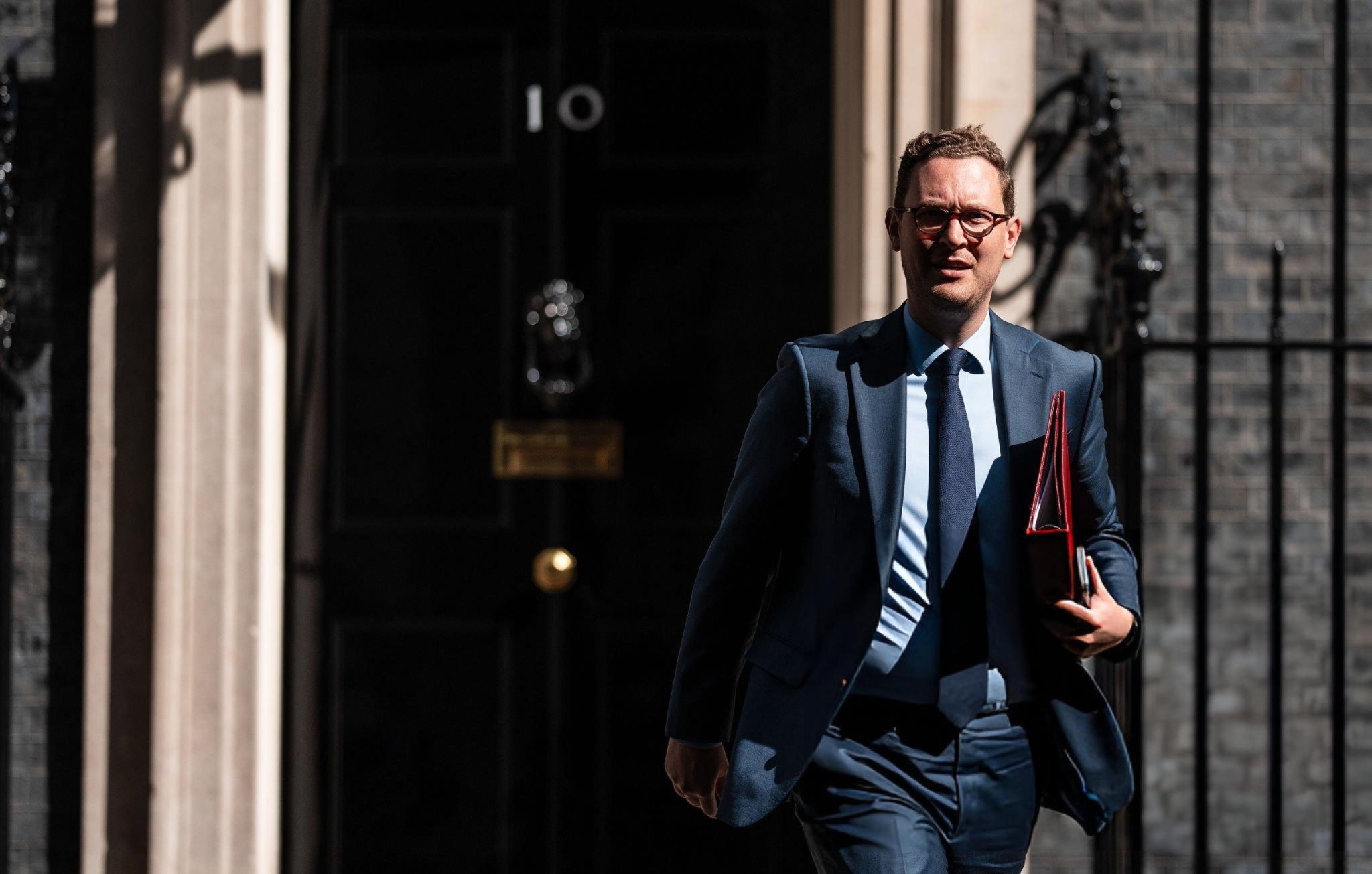Millionaires should not be receiving government subsidies for their energy bills, Treasury Minister Darren Jones has said, in a move reaffirming Labour’s commitment to targeted winter fuel payments despite pressure to roll back changes to the scheme.
Mr Jones, Chief Secretary to the Treasury, told Sky News that the winter fuel payment—once a universal benefit for pensioners—would remain targeted towards those most in need. He argued that offering energy bill subsidies to the wealthiest in society was not a sensible use of public funds.
“We’re sticking to the principle that millionaires shouldn’t be getting subsidy for their energy bills from the government,” Mr Jones said. “Winter fuel payments will still be targeted to those that need it the most.”
The minister’s remarks come amid increasing scrutiny over Labour’s handling of key welfare policies, including the controversial two-child benefit cap. While Labour initially committed to maintaining the cap and means-testing winter fuel payments, the party has signalled a partial rethink in the wake of electoral feedback and economic reassessment.
Speaking during Prime Minister’s Questions last week, Sir Keir Starmer said that improving economic conditions could allow for an expansion of winter fuel support at the next fiscal event. He indicated that more pensioners could benefit, calling it “the right thing to do” as Labour listens to public sentiment and campaigners’ concerns.
The winter fuel payment, historically a universal allowance for pensioners to help cover heating costs, was changed under Labour’s new leadership to be means-tested. The decision drew criticism during this year’s local elections, with campaigners and voters raising concerns about pensioners on modest incomes being left behind.
Last year, Shadow Chancellor Rachel Reeves defended the policy shift as a necessary measure to prioritise spending for those in greatest need. However, Labour’s leadership has since faced mounting pressure from within the party and from advocacy groups to reconsider its stance.
Adding to the political pressure, Reform UK leader Nigel Farage this week pledged to reverse the winter fuel payment changes and abolish the two-child benefit cap. Both policies, he argued, were “unfair and unsustainable in a country where millions are struggling to make ends meet”.
Asked about these proposals, Mr Jones said: “All of those things cost money. It’s right that we set out the detail and how we’re going to pay for those in a proper and orderly way.”
He reiterated that Labour’s fiscal responsibility remained a guiding principle, while reaffirming the party’s commitment to reducing child poverty. “We’re a Labour government. We want child poverty to be falling in this country, not rising. Of course, we want to help families lift themselves out of poverty.”
On Thursday, Sir Keir added that his Government would “look at all options” to address child poverty, but stopped short of committing to scrapping the two-child cap, which restricts child benefit payments to the first two children in a family.
“There isn’t a single bullet,” said the Prime Minister on a visit to the North West. “But I’m absolutely determined that we will drive this down.”
Meanwhile, Conservative leader Kemi Badenoch sharply criticised both Labour and Reform UK’s positions in a Daily Mail column. She accused them of asking taxpayers to fund “unlimited child support for others”, asserting that the Conservatives remain “the only serious party of sound money”.
As the debate intensifies over how best to support vulnerable families while balancing the public finances, Labour faces a growing challenge to maintain public confidence in its promises of economic prudence alongside social justice. The coming fiscal statement may prove pivotal in determining whether Sir Keir’s Government can satisfy both ends of that delicate equation.






